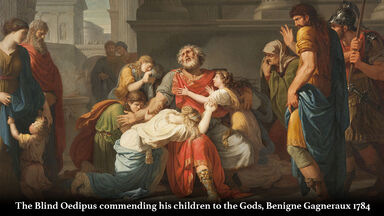In the universities of the Netherlands and of lower Germany, as yet free from the conservatism of the old-established seats of learning, the new system gained an easy victory over Aristotelianism, and, as it was adapted for lectures and examinations, soon became almost as scholastic as the doctrines it had supplanted.
From this vantage-ground Ritschl criticizes the use of Aristotelianism and speculative philosophy in scholastic and Protestant theology.
Neither Hegelianism nor Aristotelianism is "vital" enough to sound the depths of religious life.
Maimonides also wrote an Arabic commentary on the Mishnah, soon afterwards translated into Hebrew, commentaries on parts of the Talmud (now lost), and a treatise on Logic. His breadth of view anti- and his Aristotelianism were a stumbling-block to the orthodox, and subsequent teachers may be mostly classified as Maimonists or anti-Maimonists.
But, when increased knowledge of Aristotle's texts (and of the commentaries) led to the victory of a supposed Aristotelianism over a supposed Platonism, Albertus Magnus, and his still more distinguished pupil Thomas Aquinas, mark certain doctrines as belonging to faith but not to reason.
